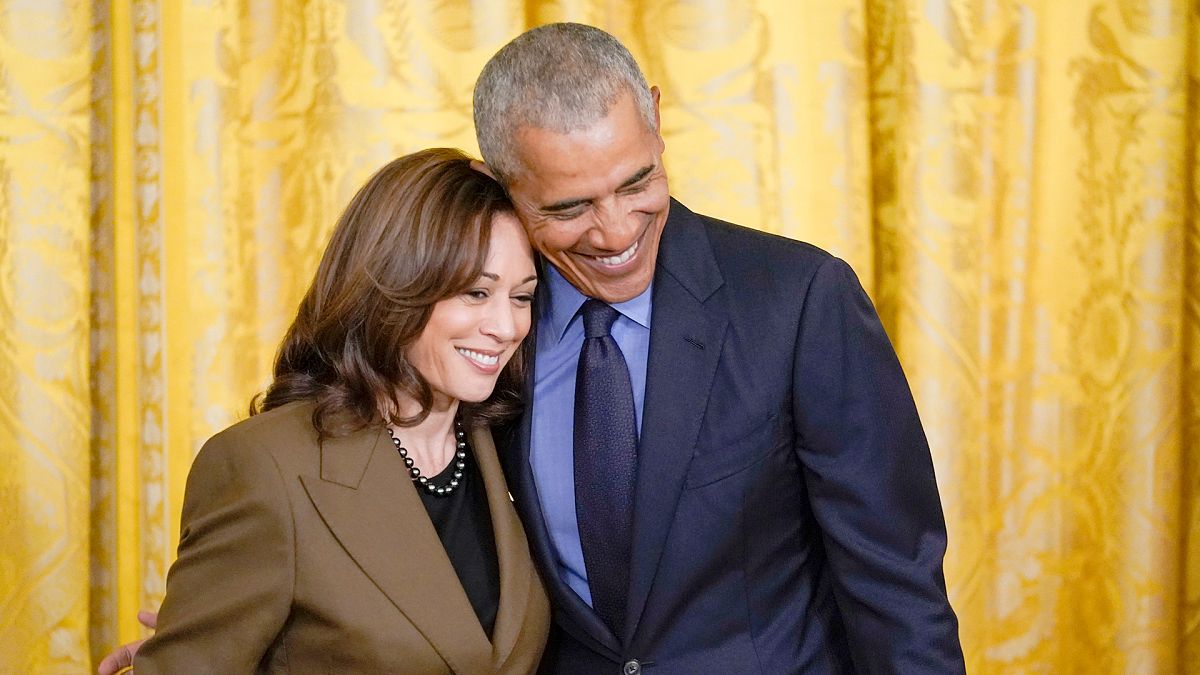In the current political climate, some of Donald Trump’s supporters have taken on a familiar strategy used by the former president himself. They are spreading false claims that Kamala Harris is not eligible to run for president, following in the footsteps of the anti-Obama “birther” movement. The National Federation of Republican Assemblies has spearheaded this effort, asserting that Harris should be disqualified based on her parents’ citizenship at her birth. However, this argument is rooted in a misinterpretation of the US Constitution’s natural-born citizen clause and is highly unlikely to hold up in a legal challenge.
Despite the lack of credibility in these claims, Trump and other Republicans have begun to question Harris’ background and identity. Trump has made false statements about her racial identity and incorrectly insinuated that she had been dishonest about her heritage. This tactic mirrors his approach to Barack Obama during the so-called “birther” controversy of the 2010s. Trump’s baseless insistence that Obama was not born in the US fueled widespread conspiracy theories about the former president’s citizenship and religion. The relentless promotion of this theory solidified Trump’s political persona and may have played a role in his decision to run for president.
The issue of presidential eligibility has a history of being weaponized for political gain. Trump’s targeting of Obama and now Harris is just the latest example of baseless smears designed to cast doubt on a candidate’s legitimacy. While legitimate questions about John McCain’s citizenship arose due to his birthplace in the Panama Canal Zone, these concerns did not escalate into a full-blown conspiracy as seen with Obama and potentially with Harris. The manipulation of citizenship requirements for political purposes undermines the integrity of the electoral process and distracts from substantive policy debates.
The resurgence of these deceptive tactics highlights the enduring impact of misinformation in American politics. By capitalizing on xenophobia and racism, individuals like Trump and his supporters seek to sow seeds of doubt and division within the electorate. However, the pushback against these efforts demonstrates a commitment to upholding democratic principles and rejecting attempts to undermine the rule of law. As the 2024 presidential election approaches, it is crucial for voters to remain vigilant against the spread of disinformation and hold political leaders accountable for their words and actions. In a time of heightened polarization, the values of truth, equity, and integrity must guide the way forward for a healthy and inclusive democracy.











